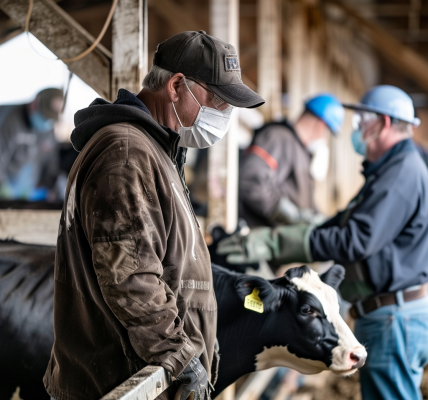Neoadjuvant radiochemotherapy (NARCT) has emerged as a safe and feasible treatment option for early breast cancer patients undergoing breast conserving surgery (BCS) or immediate breast reconstruction (IBR). A recent study evaluated the survival outcomes of NARCT in female patients aged 80 years or younger with unilateral T1-T4 invasive ductal breast cancer who received neoadjuvant chemotherapy (NAC) and radiation therapy (RT) between 2006 and 2015.
The study, which enrolled 14,151 patients who underwent NAC and RT, found that 386 of them received neoadjuvant radiation therapy (NART). Through propensity score matching (PSM) analysis, it was observed that NART was associated with unfavorable prognostic factors for breast cancer-specific survival (BCSS) and overall survival (OS) in the overall cohort.
However, when focusing on patients who underwent BCS or implant-based immediate breast reconstruction (IBR), the study revealed that those treated with NART had similar survival outcomes compared to patients who received post-operation radiation therapy (PORT). Specifically, among patients undergoing BCS, the differences in BCSS and OS between NART and PORT were not statistically significant (HR 1.029, P = 0.915 for BCSS; HR 1.003, P = 0.990 for OS). Similarly, for patients undergoing IBR, the survival outcomes were comparable between NART and PORT groups (HR 1.039, P = 0.921 for BCSS; HR 1.153, P = 0.697 for OS).
Neoadjuvant chemotherapy has already shown efficacy in reducing tumor size prior to BCS and IBR, and the addition of neoadjuvant radiotherapy is a promising approach to further improve outcomes for breast cancer patients. While postoperative radiotherapy has been established as beneficial in reducing locoregional recurrence and enhancing survival rates, the study highlights the potential of NART as a valuable treatment strategy for specific patient populations.
In conclusion, the findings suggest that NARCT is a viable and safe option for patients undergoing BCS and IBR, providing comparable survival outcomes to traditional post-operation radiation therapy. This study contributes to the evolving landscape of breast cancer treatment, emphasizing the importance of personalized approaches to optimize patient care and outcomes.





